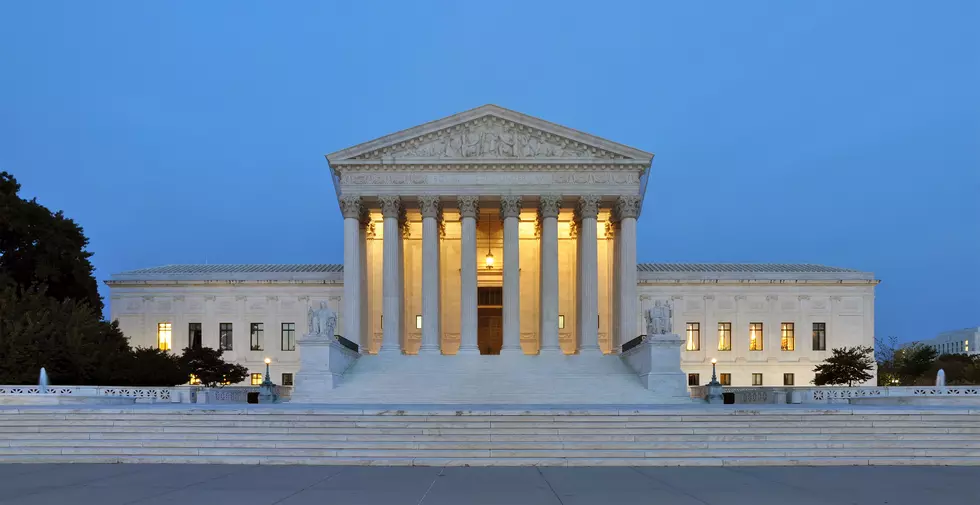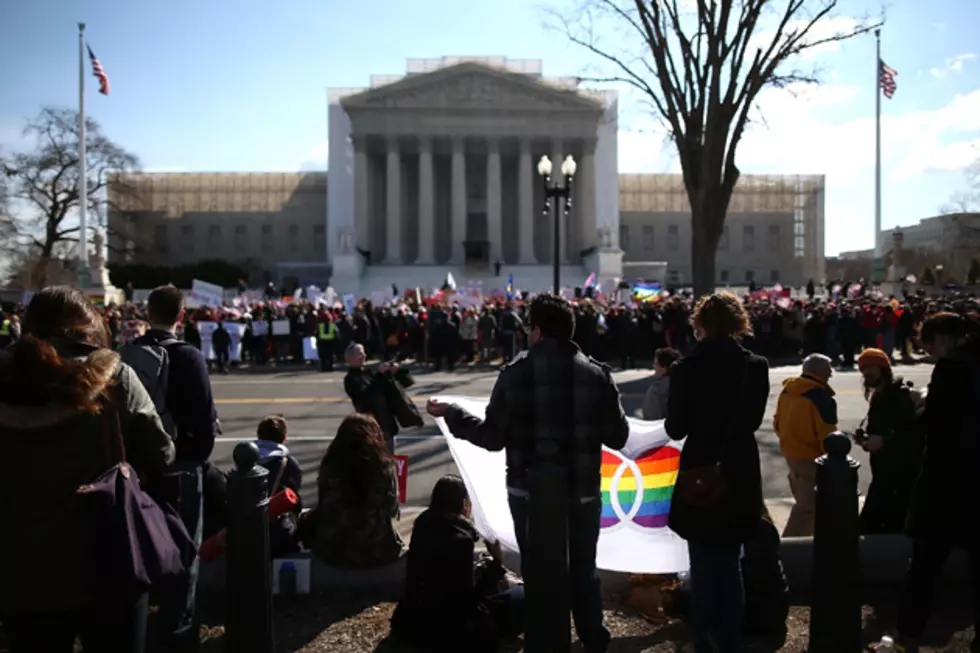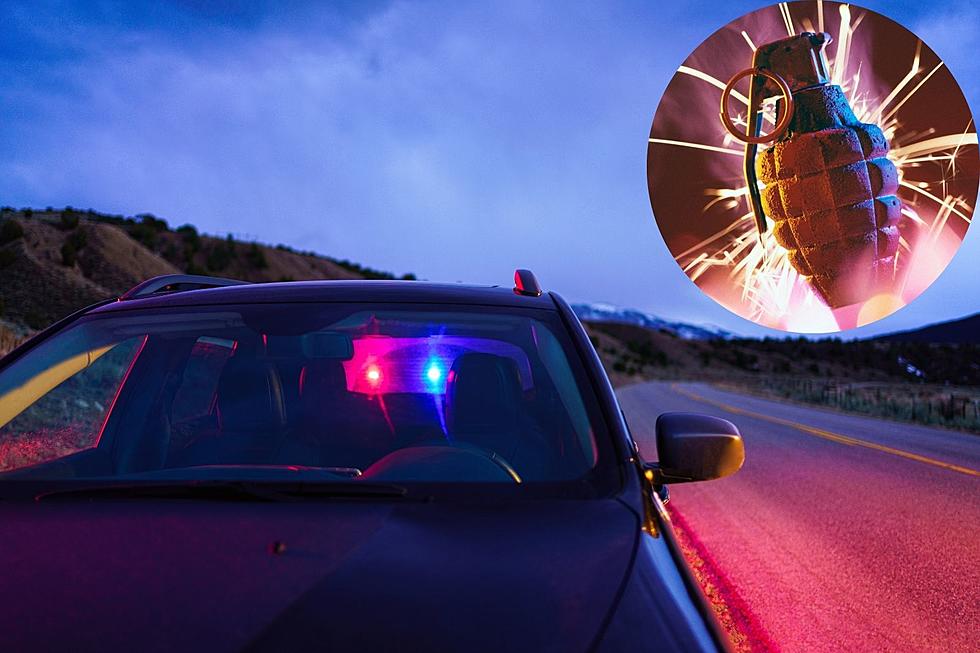
Your Right to Sell Your Stuff is Being Taken Up by the Supreme Court
The United States allows you to be able to stuff you purchased thanks to the first-sale doctrine. The first-sale doctrine has been recognized in the United States after the Supreme Court's 1908 ruling in Bobbs-Merrill Co. v. Straus and became part of U.S. copyright law in 1976. That could all change on October 29, 2012 when the Supreme court revisits the issue.In 1908 the United States Supreme Court first recognized the first-sale doctrine when book publisher Bobbs-Merrill Company printed in their books that resale under $1 was infringement of their copyright. When R.H. Macy & Company sold copies they purchased for .89 cents, Bobbs-Merrill v, Straus went before the U.S. Supreme Court. The ruling provided copyright holders with control over the first sale and no control over future sales.
Now 104 years later in 2012 the U.S. Supreme Court will revisit the issue with Kirtsaeng v. John Wiley & Sons on October 29, 2012. The products in question are foreign made products after the U.S. Court of Appeals for the Second Circuit ruled that the first-sale doctrine, and the Copyright Act of 1976, don't apply to items made overseas.
Supap Kirtsaeng came to America in 1997 to study at Cornell University, but became a millionaire by selling textbooks from his native Thailand. He had his relatives ship him the books to New York which he later sold on eBay and made $1.2 million dollars.
The publisher admits they charge more for the books in the United States and then sued Supap for copyright infringement. He reminded him of the first-sale doctrine which the appellate court ruled only applies to goods from the United States.
A ruling from the Supreme Court justices siding with the appellate court would basically affect American and their stuff. The court previously agreed to rule on the issue of buying copyrighted things from overseas for resale in the United States, but was split 4-4. The market for goods resold in the U.S. from overseas brings in tens of millions of dollars every year.
More From 95 Rock









